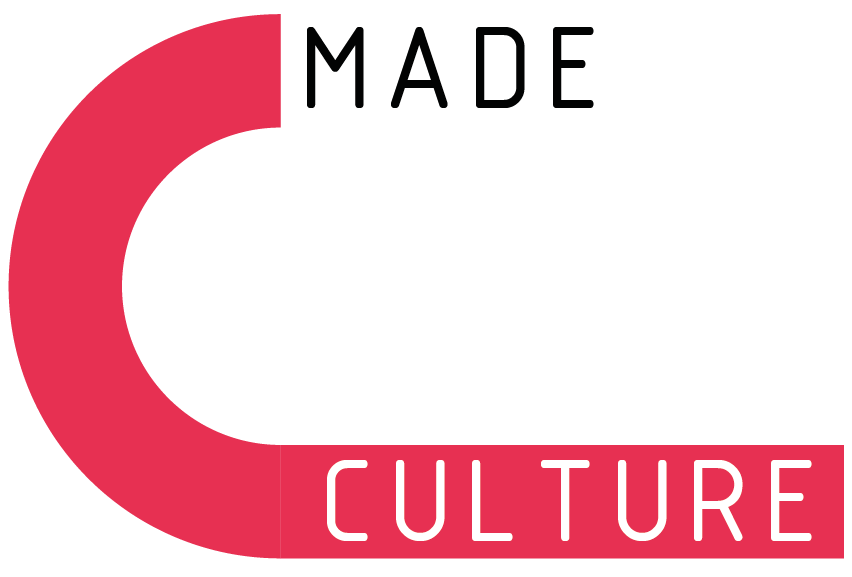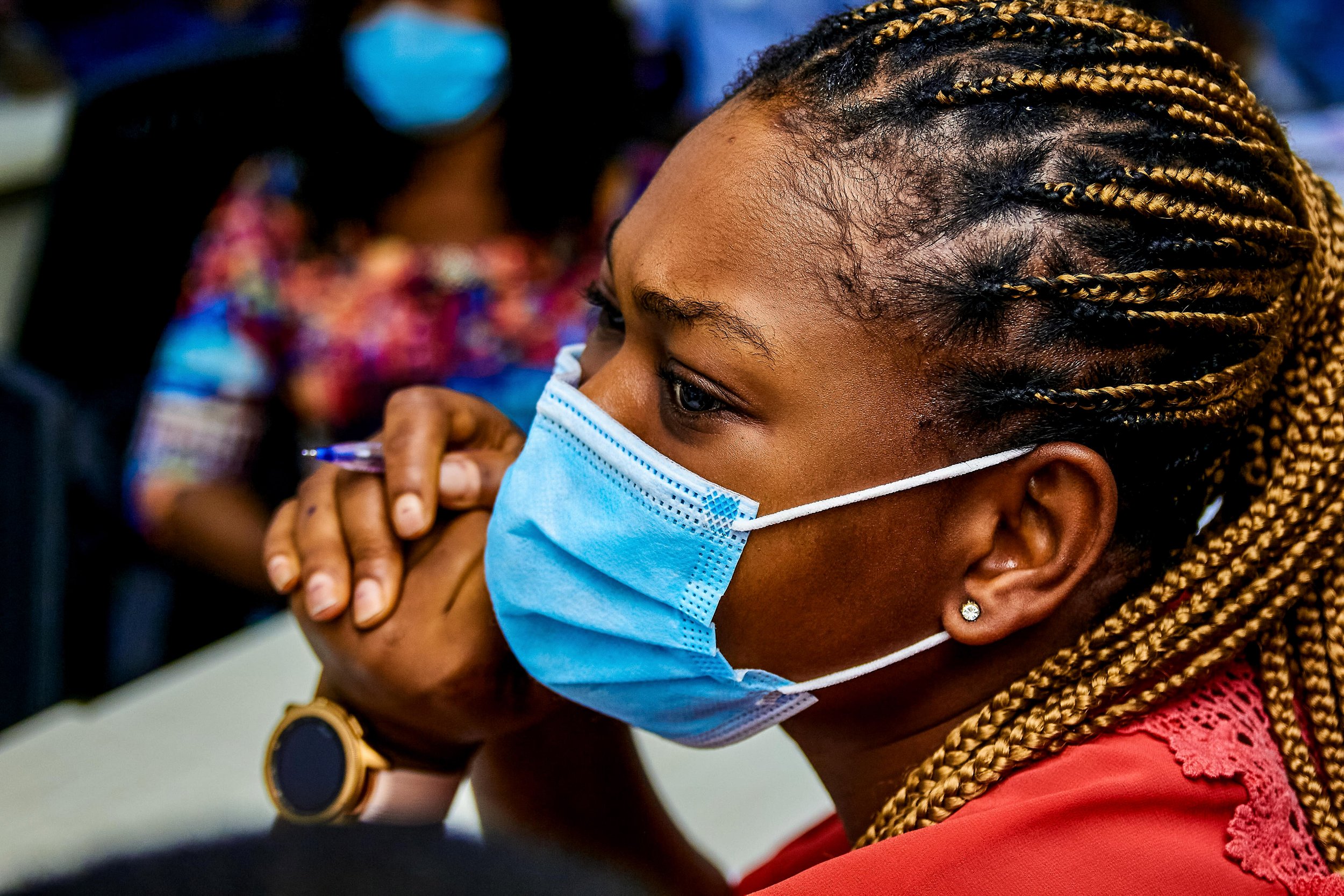IMPROVING ECONOMIC OPPORTUNITIES FOR YOUTH IN THE AGRIPROCESSING SECTOR
Yinka has looked for a job in the agribusiness sector since she finished her program in Food science & Technology six years ago, but she is still unemployed.
This is unfortunately the reality for 6 in 10 Nigerian youth who are either unemployed or underemployed (Source; National Bureau of Statistics 2021)
With no money to pursue a higher education and limited employable skills, 22 year old Temitope has also been struggling to get a decent job since she completed her secondary school education in 2019.
“The issue of unemployment in Nigeria largely stems from the fact that our current educational system is not equipped to prepare young people for the future of work. In most institutions, the training curriculum is mostly theoretical giving little to no room for practice and hands-on exposure; which is critical for effective learning & development”
~Remi Olaniyi, Project Manager
Without the practical skills in demand, young people like Yinka and Temitope are usually overlooked by SME employers ( creating about 80% of the jobs in Nigeria) who have limited time and resources to grow their business.
Most SMEs in the country report a scarcity of skilled manpower as a barrier to the growth of their business. This highlights one of the major barriers to youth employment in Nigeria - the mismatch of skills required by SMEs versus what young people possess.
“For the majority of SME employers interviewed during our market needs assessment process, Soft Skills were the most lacking in young people and this was a major recruitment challenge they had. According to them, technical skills were more easily learned on the job”
As the largest sector, Agriculture employs more than half of the national workforce. The majority of these jobs however are temporary, low paying, and low skilled jobs that occur on the farm. Whilst many opportunities exist to create decent jobs for young people in the sector, It will only be possible by enabling higher value chain activities that require more complex skills and competencies.
“I believe passionately in using small-to-medium enterprises as skills development hubs for youth. In our quest to tackle Nigeria's unemployment crisis, we hope to articulate the needs of the labour market to inform how we can provide lifelong learning skills that will improve the lives of young Nigerians.”
~Malaika Toyo, Principal Director
In order to address the skills mismatch problem and increase economic opportunities for young people (18 to 35 years) within the Agriculture sector (specifically Agri Processing), Made Culture in partnership with ReelFruit and Temploy Nigeria is implementing a skills development and job matching project in Nigeria (Lagos and Ogun State).
ABOUT THE PROJECT
The ReelSkills project is a 3-year skills development and job-matching project in the Agri-processing sector funded by the Netherlands Government under the Challenge Fund for Youth Employment (CFYE) program. The project was birthed to help close the skills gap within the agri-processing sector whilst reducing youth unemployment in the country.
Through the ReelSkills project, we will increase employment chances by deploying market-led training for post-secondary school youth in Nigeria. Our goal is to train 1000 youth and match 800 of them to jobs within the Agri-processing sector. A minimum of 60% of the ReelSkills beneficiaries will be women.
As a result of the ReelSkills training, young people like Yinka and Temitope are being equipped with the skills in-demand by Agri-processing employers as informed by our market assessment. In conjunction with the matching efforts of the consortium, their chances of getting decent jobs in the largest sector of the economy will greatly increase with opportunities for growth and expansion in their careers.
Since the training began in February 2022, more than 200 young people have been trained with a fraction being matched to jobs at ReelFruit and other companies.
The consortium (ReelFruit, Made Culture and Temploy) are happy to see the results, and have worked to match people like Adenike and Olamide to decent jobs as shared in an impact story recently made by Reelfruit here.
“The ReelSkills project plays an important role in achieving an outcome indicator of the Sustainable development goals - “to achieve full and productive employment and decent work for all women and men, including for young people with equal pay for work of equal value by the year 2030”
~Ayomide Ogundeji, Project Manager


